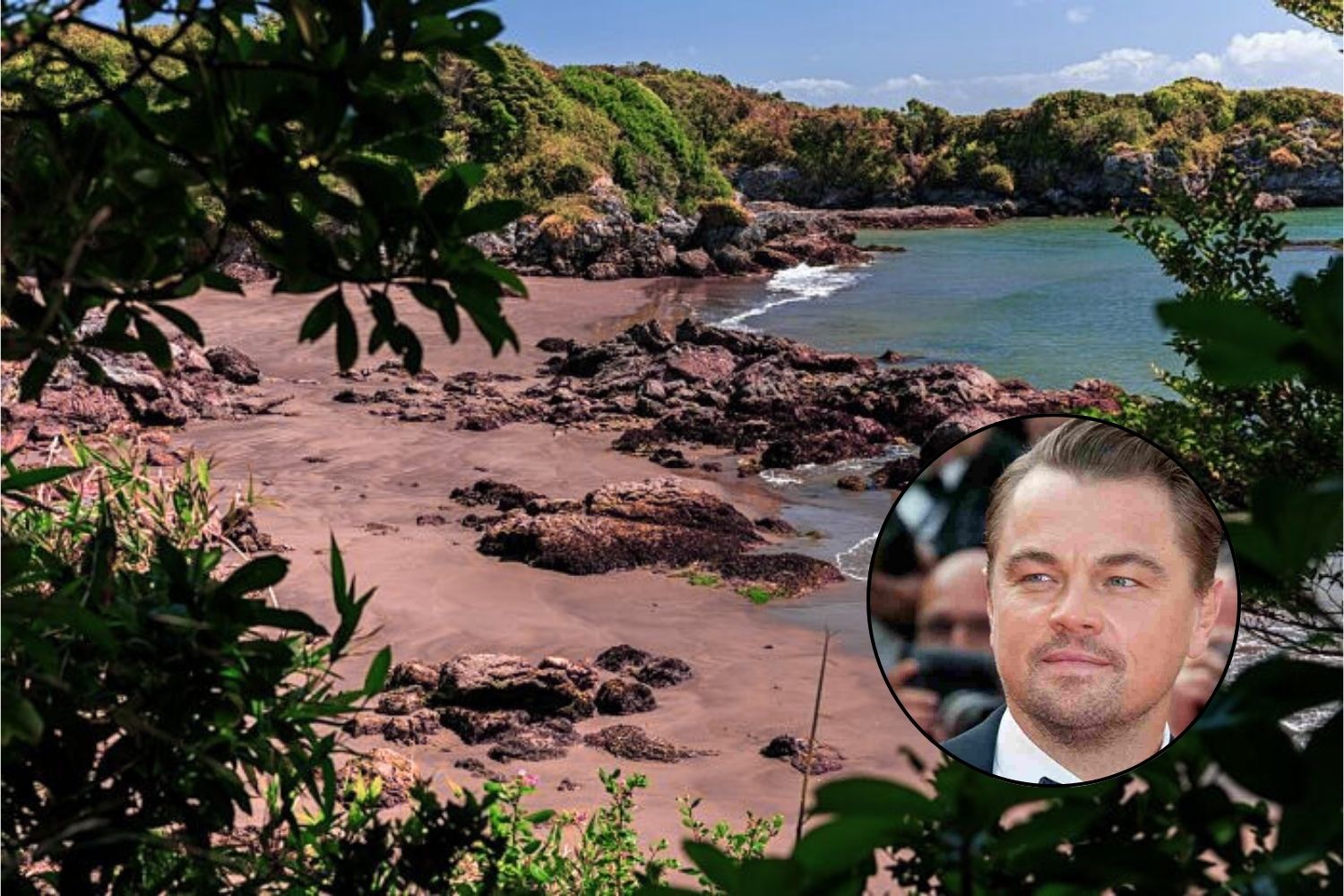Re:Wild has purchased Isla Guafo, a biodiverse island in Chile, to protect it from environmental threats and potentially create a National Park, continuing DiCaprio's conservation efforts.

After years of speculation and uncertainty surrounding the sale of Isla Guafo, recent reports confirm that the island has been purchased by Re:Wild, the environmental foundation co-founded by actor Leonardo DiCaprio. The foundation intends to promote the creation of a future National Park on this magnificent piece of land.
Located 37 kilometers (about 23 miles) south of Isla Grande, Isla Guafo is one of the largest islands in the Chiloé Archipelago in Chile. With an area of 197 square kilometers (about 76 square miles), it is renowned for its rich biodiversity and the limited human presence on the island. Yet, the island has not been without controversy over the years.
In 2013, the island came under the control of Eguiguren y Compañía Limitada, which placed it on the market in 2015. However, the sale was blocked by a court in 2019 following allegations of irregularities. Despite this, rumors about the sale of the island persisted. In the same year, a proposal for coal extraction in the area was put forward but was halted by strong opposition from environmental groups and the Huilliche community, one of the indigenous ethnic groups in Chile. These groups, along with members of the Mapuche community, had previously called for the island to be designated as a protected area. In 2020, it was rumored that the island had been sold for approximately $20 million (around 18 million euros).
The purchase of Isla Guafo by Re:Wild is part of a long-term strategy to protect the area from future environmental threats. As of now, this is all that is known about the project’s specifics. However, the foundation’s actions echo its broader mission to safeguard endangered ecosystems.
Just like DiCaprio’s donation to the Galapagos Islands, the acquisition of Isla Guafo illustrates how alliances between science, activism, and government policies can converge to protect ecologically significant territories, offering hope for the future of our natural resources.
